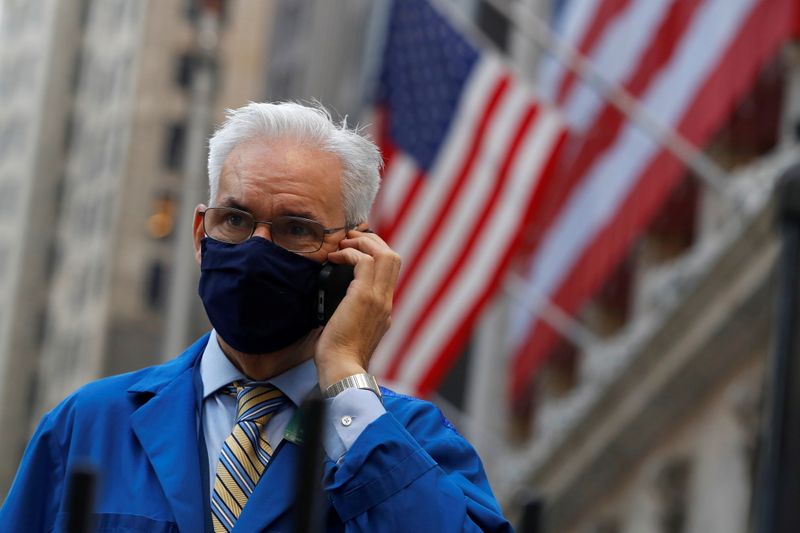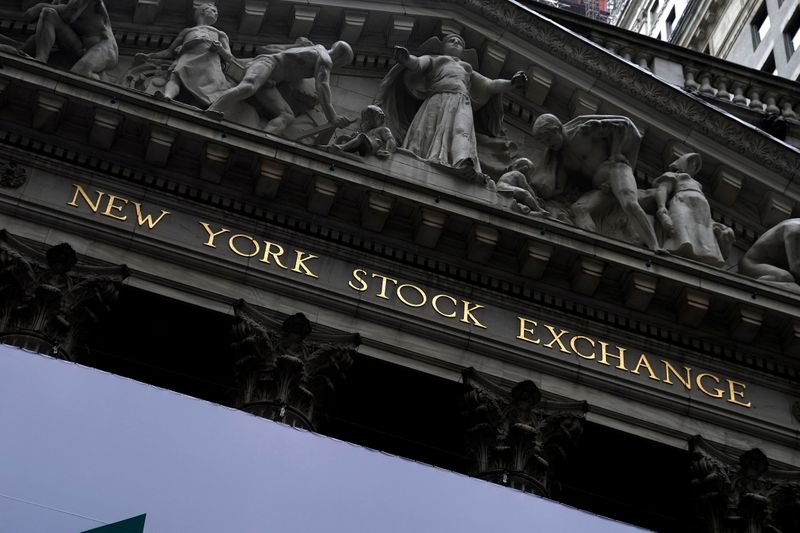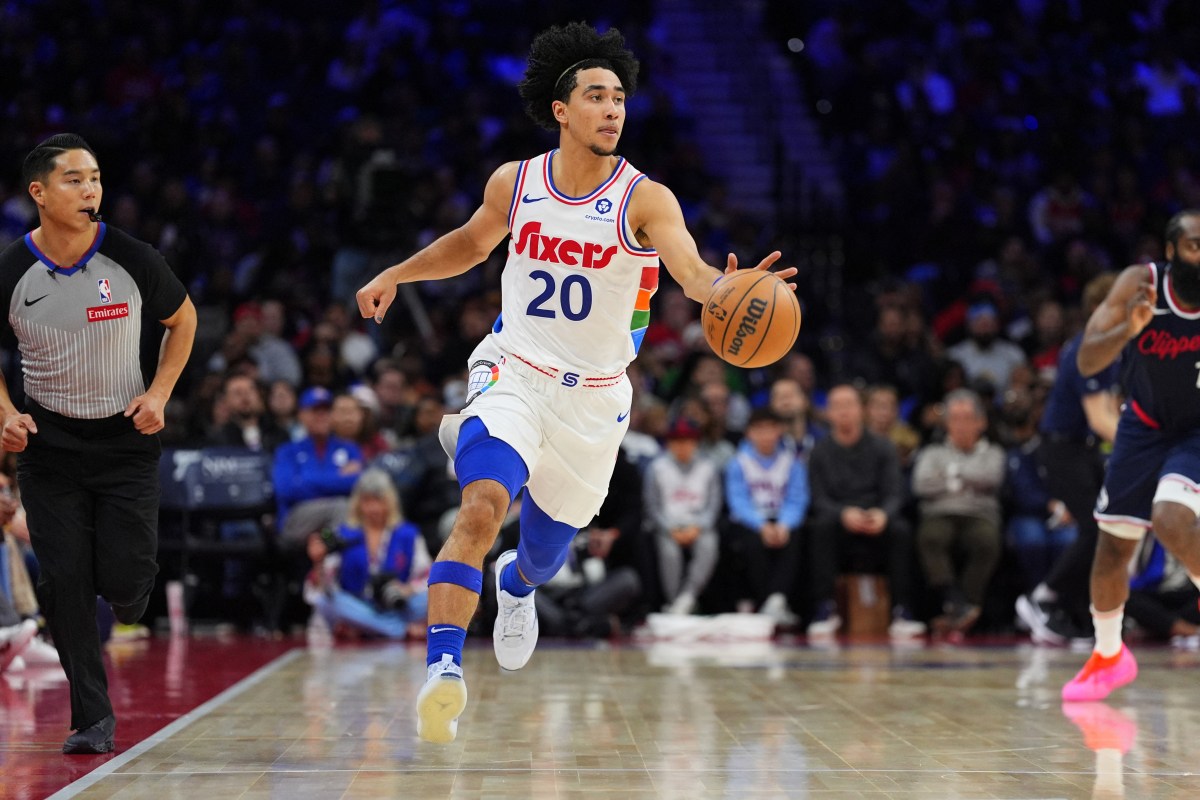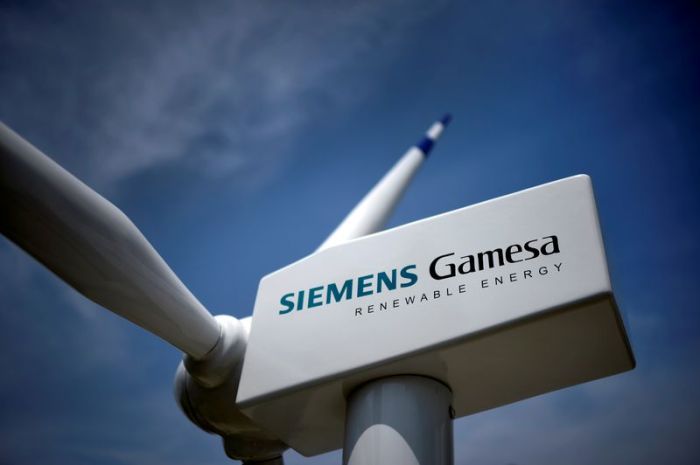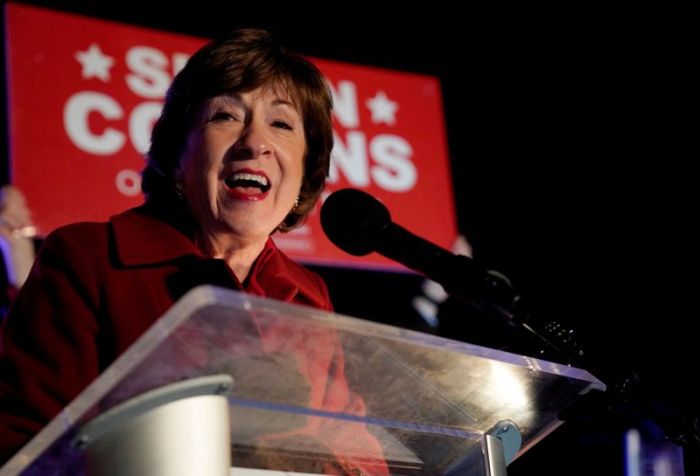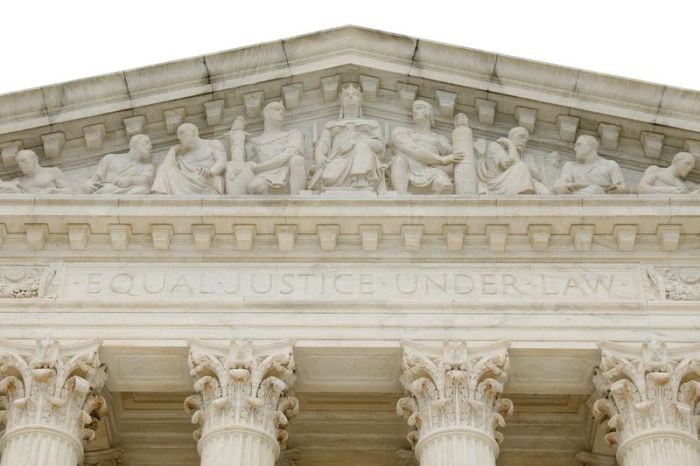(Reuters) – U.S. stock market futures were marginally higher late on Wednesday as the presidential election race remained cloudy and the likelihood of gridlock in Congress made investors optimistic that major policy changes would be difficult to enact.
S&P emini futures <EScv1> were last up 0.1%, extending a rally in Wednesday’s stock market trading session. Nasdaq 100 emini futures <NQcv1> rose 0.5%.
Democratic candidate Joe Biden predicted a U.S. election win over President Donald Trump after pivotal victories in Michigan and Wisconsin, while the Republican incumbent sought to offset a narrowing path to re-election with lawsuits and demands for a recount.
Both Trump and Biden still had paths to reach the 270 Electoral College votes needed to win as states kept counting mail-in ballots. However, Trump now has fewer options to secure a second four-year term.
A surprise win by Republican Senator Susan Collins in Maine dimmed hopes by Democrats that they could get control of the U.S. Senate.
“Even if Joe Biden wins the Presidency, it looks like we are going to have a divided congress so the opportunity to have meaningful change at the fiscal level is pretty slim, and that is what is being priced into the back end of the market today,” said David Joy, chief market strategist at Ameriprise Financial in Boston.
“If we are going to have a similar type of economic environment as we’ve had, then we are going back to an emphasis on trying to find earnings in a relatively scarce earnings environment, back to the same winners as before.”
The Dow Jones Industrial Average <.DJI> rose 1.34% to end at 27,847.66 points, while the S&P 500 <.SPX> gained 2.20% to 3,443.44.
The Nasdaq Composite <.IXIC> climbed 3.85% to 11,590.78.
It was the biggest daily percentage gain for the S&P 500 since June 5 and for the Nasdaq, since April 14.
Apple <AAPL.O>, Amazon <AMZN.O> and Alphabet <GOOGL.O> surged over 4%, while Facebook <FB.O> jumped more than 8%, with investors betting Big Tech companies will face less antitrust risk under a divided Congress.
Investors said they favor a definitive, swift resolution of the presidential race that would clear the way for a deal on a stimulus package to revive the economy.
Shares of defense contractors Northrop Grumman <NOC.N>, Lockheed Martin <LMT.N> and Raytheon <RTX.N> all rose on receding expectations of a cut in defense spending.
Big Pharma Pfizer <PFE.N>, Merck & Co <MRK.N> and Johnson & Johnson <JNJ.N> also climbed as the potentially split Congress was likely to shield the industry from sweeping reform. The NYSE Arca pharmaceutical index <.DRG> shot nearly 5% higher.
Graphic – Trump and the stock market: https://graphics.reuters.com/USA-STOCKS/xlbvgwyzmvq/trumptimeline.png
The CBOE volatility index <.VIX>, a gauge for short-term volatility, hit a two-week low after spiking to a four-month high in the run-up to the election.
Despite the rally in stocks, the potential for political uncertainty also sent investors to U.S. Treasuries, sparking the biggest one-day drop in 10- and 30-year bond yields since June.
Graphic – S&P 500 in first terms: Trump vs Obama: https://fingfx.thomsonreuters.com/gfx/mkt/ygdvznodzvw/Pasted%20image%201604467379861.png
Graphic – Markets under different presidents during history: https://graphics.reuters.com/USA-ECONOMY/MARKETS/qmyvmjrgbpr/index.html
(Reporting by Noel Randewich; Editing by Sam Holmes)

